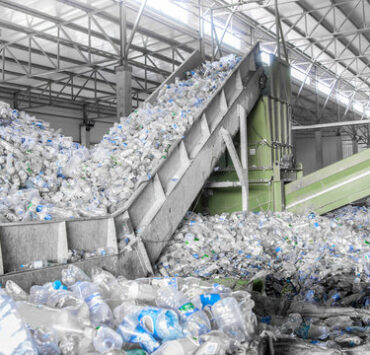DOH: COVID cases in PH declining amid spike in other Asean countries

Health Secretary Teodoro Herbosa has assured Filipinos that there is still no reason to be alarmed despite the fresh wave of COVID-19 infections in several Asian countries.
In a video statement on Monday, Herbosa said that through coordination and cooperation with other members of the Association of Southeast Asian Nations (Asean), the Department of Health (DOH) was able to actively monitor COVID trends, especially in neighboring countries such as Singapore, China, Hong Kong and Thailand.
Herbosa is currently at Geneva, Switzerland, as the Philippines takes over the role of being the president of the 78th session of the World Health Assembly, which is the highest health-policy setting body of the World Health Organization (WHO), composed of health ministers from all member states.
According to the DOH chief, COVID infections in the country still remain at low level, with 1,774 cases recorded from Jan. 1 to May 3, or 87 percent lower compared to the 14,074 cases during the same period last year.
Unlike the situation in other Asian countries, recent local trends indicated a slight slowdown in COVID-19 cases over the past three to four weeks.
From 71 cases in the week of March 23 to April 5, it decreased by 8.45 percent to 65 cases from April 6 to 19.
“Despite the decline in cases in the country, it is still best to continue practicing minimum health standards to prevent the spread of the diseases,” Herbosa said.
He advised Filipinos to wear face masks when going in public and crowded places, and to stay at home if they are sick.
“Cover your mouth and nose when coughing or sneezing. Wash your hands regularly with soap and water. Consult a doctor immediately if symptoms of COVID appear,” he added.
No testing
In a television interview, Dr. Jose Rene de Grano, president of the Private Hospitals Association of the Philippines Inc., said there were no reports of sudden increase in the number of admitted patients with COVID-19-like symptoms or issues in bed capacity in their member hospitals.
“But not every patient who experiences flu-like symptoms are confined in hospitals. If they have no comorbidities or they are not immunocompromised, we just give them supportive medications,” he added.
But De Grano noted that unlike other countries like Singapore, China and Thailand, the Philippines do not conduct testing on its suspected COVID-19 patients due to its costs.
“These countries conduct free, routine testing so they will know if the patient has COVID-19 or only flu,” he explained.
The DOH did not respond to inquiries about its plans for testing suspected COVID patients, and to resume its vaccination efforts which stopped in 2023, following the lifting of the state of national public health emergency due to the COVID-19 pandemic.
The agency did not have line items for testing and COVID-19 vaccinations for its 2025 budget. During the surge of “FLiRT” COVID-19 variants last year, the DOH explained it could reallocate unused funds in its current budget or tap on its continuing appropriations from its previous year’s budget.
Experts in Singapore and Hong Kong attribute the COVID-19 resurgence to waning immunity due to fewer booster shots and time since the last infection or vaccination.
There is also an increased vulnerability among high-risk groups like the elderly and unvaccinated children.
Singaporean authorities said the dominant strains, such as LF.7 and NB.1.8—which are both descendants of JN.1, an offshoot of the Omicron variant—are not more severe or transmissible than the earlier variants.
Under the WHO’s testing guidelines as of December 2024, member countries are urged to test suspected cases early in the disease course, especially among people at increased risk for hospitalization or severe COVID-19.
Meanwhile, the WHO does not advise routine vaccinations for healthy adults and adolescents who already received at least a full dose of COVID-19 vaccination.
Vaccinations are recommended from six to 12 months after the last dose for seniors and persons with moderate and severe immunocompromising conditions.
Pregnant women are recommended to receive a single dose in each pregnancy regardless of pregnancy status, ideally during the second trimester.
Health-care workers with direct patient contact are also urged to get their vaccines around 12 months after their previous dose.
In its latest update on May 15, the WHO Technical Advisory Group on COVID-19 vaccine composition, said the current monovalent JN.1 or KP.2 strains are still appropriate, but monovalent LP.8.1 is a suitable alternative.
















